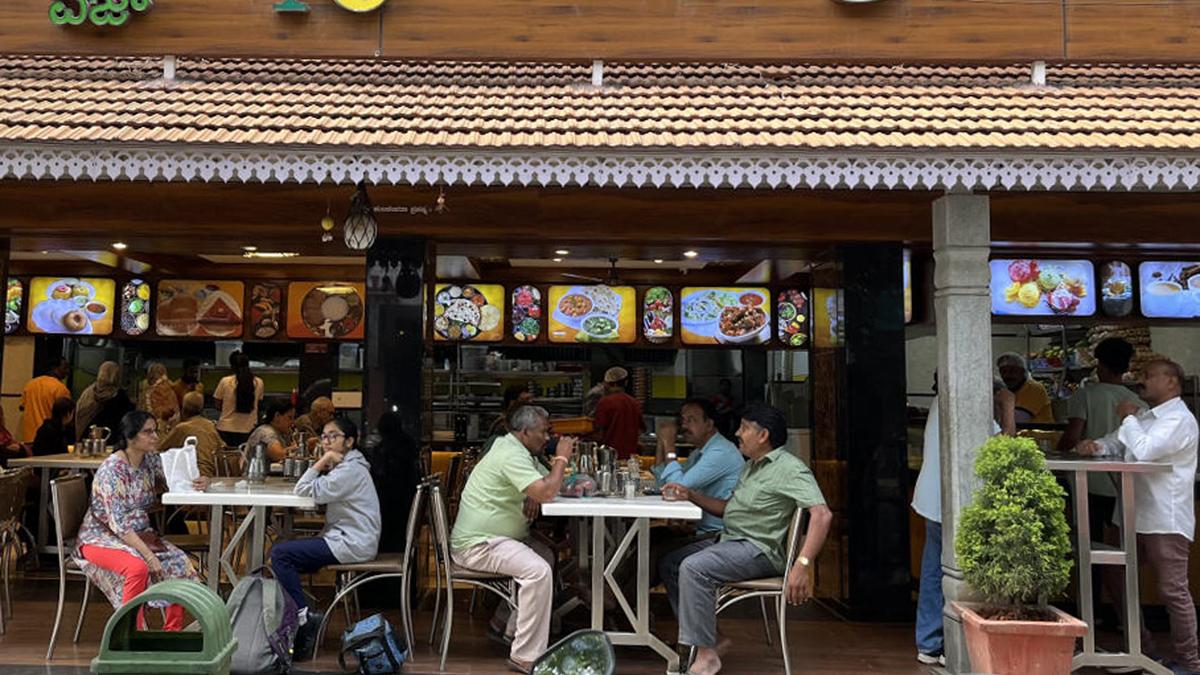The Bruhat Bengaluru Hoteliers Association (BBHA) recently announced that the cost of filter coffee is expected to go up by 10% to 15%. They cited a sharp increase of ₹100 per kilogram in coffee powder and an anticipated rise in milk prices after the State Budget presentation in the coming month.
While this move of restaurateurs is a direct response to soaring raw material expenses, it reflects a broader trend related to the cost of eating out sharply going up in Bengaluru, in various places from the regular “idli-vade” fare in the ubiquitous Darshinis to fine dining restaurants. Hoteliers say this is driven by steadily rising operational costs, from labour to rents to commodity prices.
The Hindu spoke to youngsters from across the city, who mostly eat out due to their busy schedule or lack of availability of resources, and most complained that eating out is burning a hole in their pockets.
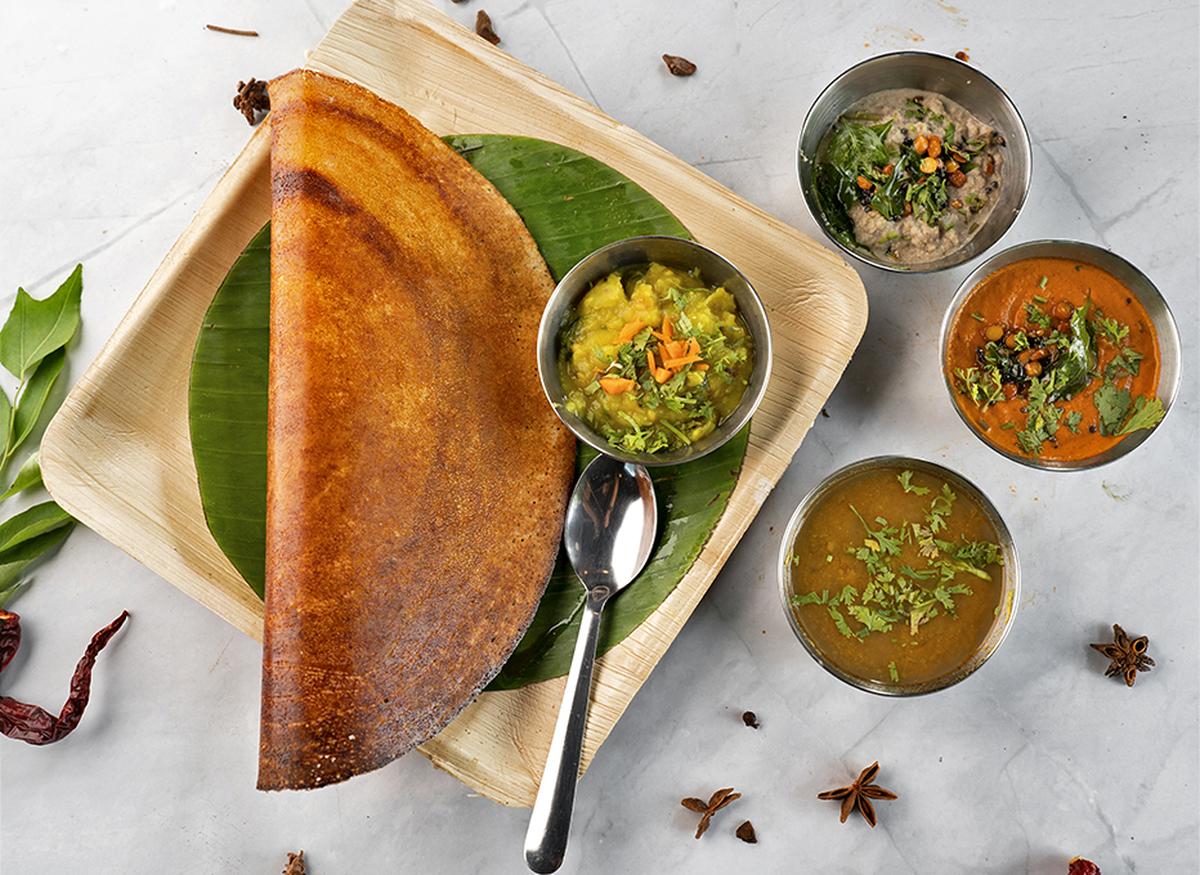
Commute time
For 28-year-old Rohit M., an IT professional in Whitefield, cooking is not an option due to his busy schedule. “I leave home early and return late. The commute is physically draining, so cooking is out of the question. I used to manage my meals for ₹200-300 a day but now even a simple breakfast and dinner at a decent eatery cost me around ₹200, and all meals together go up to ₹500-700 every day. It is getting harder to sustain this lifestyle,“ said Rohit.
Vikram R., an engineering student in Koramangala, had a similar story. “I live alone and do not have time to cook. Earlier, I could get a good meal for ₹100-₹120, but now even the Darshinis have hiked their prices. The college canteen has average food, but I eat at least one meal there as it is affordable, and I can save up money for dinner or breakfast.”
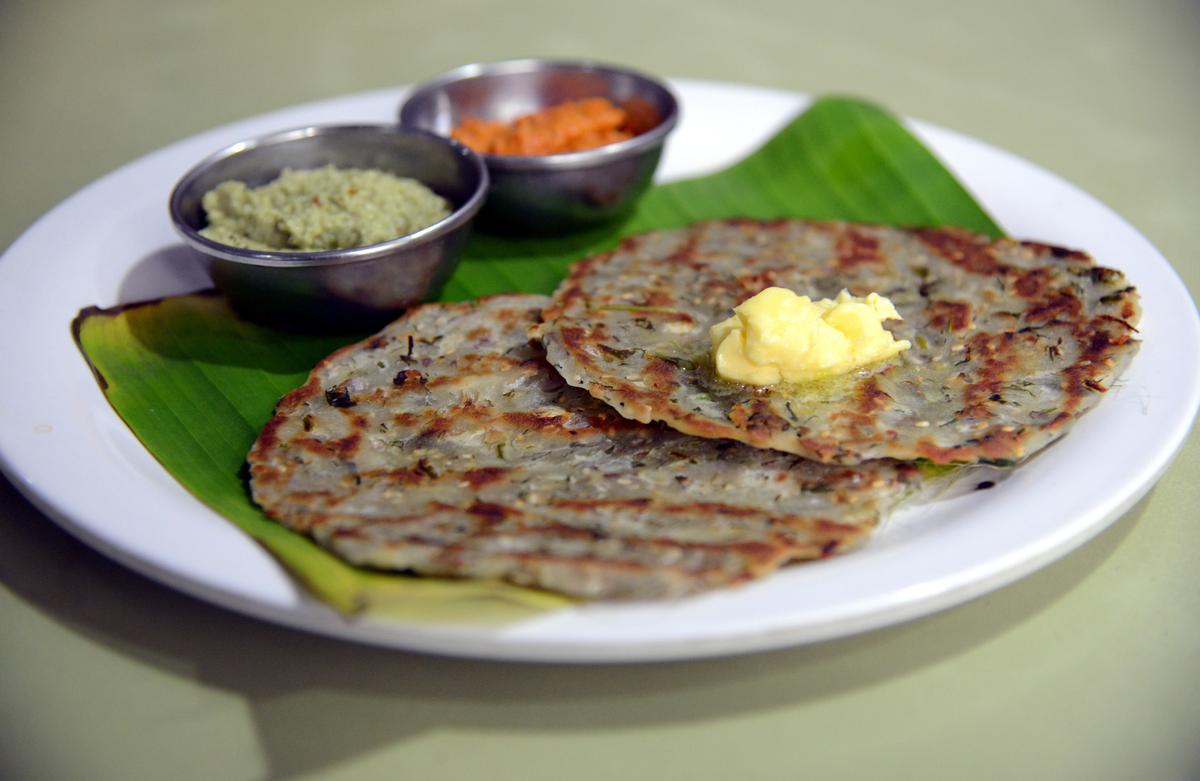
Kanchana, another IT professional, who stays in a paying guest accommodation in BTM. Layout, said eating out and ordering from online platforms have got expensive over the last two years. “The PG food is bad, so I eat out most days. A plate of biryani that used to cost ₹180 two years ago is now ₹230, and even a simple dose has gone up by ₹10-₹15. What is worse is ordering online is more expensive. Since I work odd hours, I can not go out to eat and prefer ordering online. But anything you order is one-and-a-half times what it is at the restaurant,“ she explained.

Mahesh Shivapure, who works at a popular bar, skips a meal to avoid excessive spending. “I work from 3 p.m. to 12 a.m., which is a very odd shift. Since I sleep late and wake up late, I go to work and have a brunch that is served for free at the cafeteria, instead of having breakfast at home or outside. I manage to have dinner at the workplace because I do not want to spend ₹200-300 just for a meal outside. If I miss a meal at work, I avoid ordering online and go to food carts instead of restaurants as they are more affordable,“ Shivapure said.
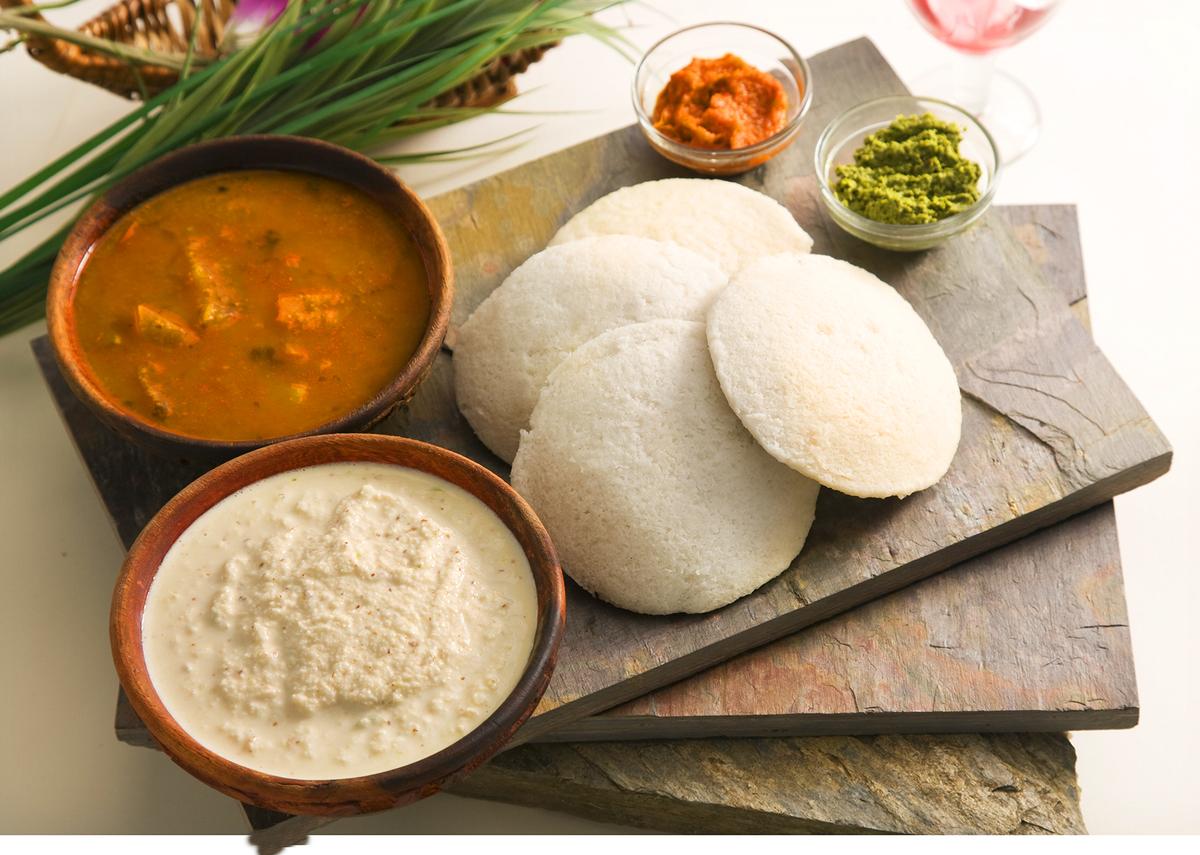
Expensive, yet people eat out
Rithuparna Sharma, owner of S.N. Refreshments, a Darshini-style eatery in J.P. Nagar, said customers are busy and continue to eat out.
“Even if people claim eating outside has become expensive, we have not noticed a decrease in customer footfall. In fact, with their busy schedules, we see more people opt to eat out because they hardly have time to prepare food at home,” Sharma said.
The manager at Upahara Darshini in BTM. Layout, who did not wish to be named, said bachelors prefer eating out no matter the cost. “We have not received suggestions or complaints from customers saying food is expensive at our Darshini since we opened 10 years ago. Even if prices go up, not many have the time to cook, especially the IT professionals. They have no option but to eat out,” he explained.

Sandeep Sadanandan, Head of Culinary at Byg Ventures, said eating out has become expensive but is not adding to profit for eateries, restaurants and bars. “Bengaluru is a competitive market and there is food inflation now. But, food is not as expensive as in Delhi or Mumbai. Food is costlier as the cost of ingredients has gone up. However, customers’ spending power has also gone up equally,” he argued.
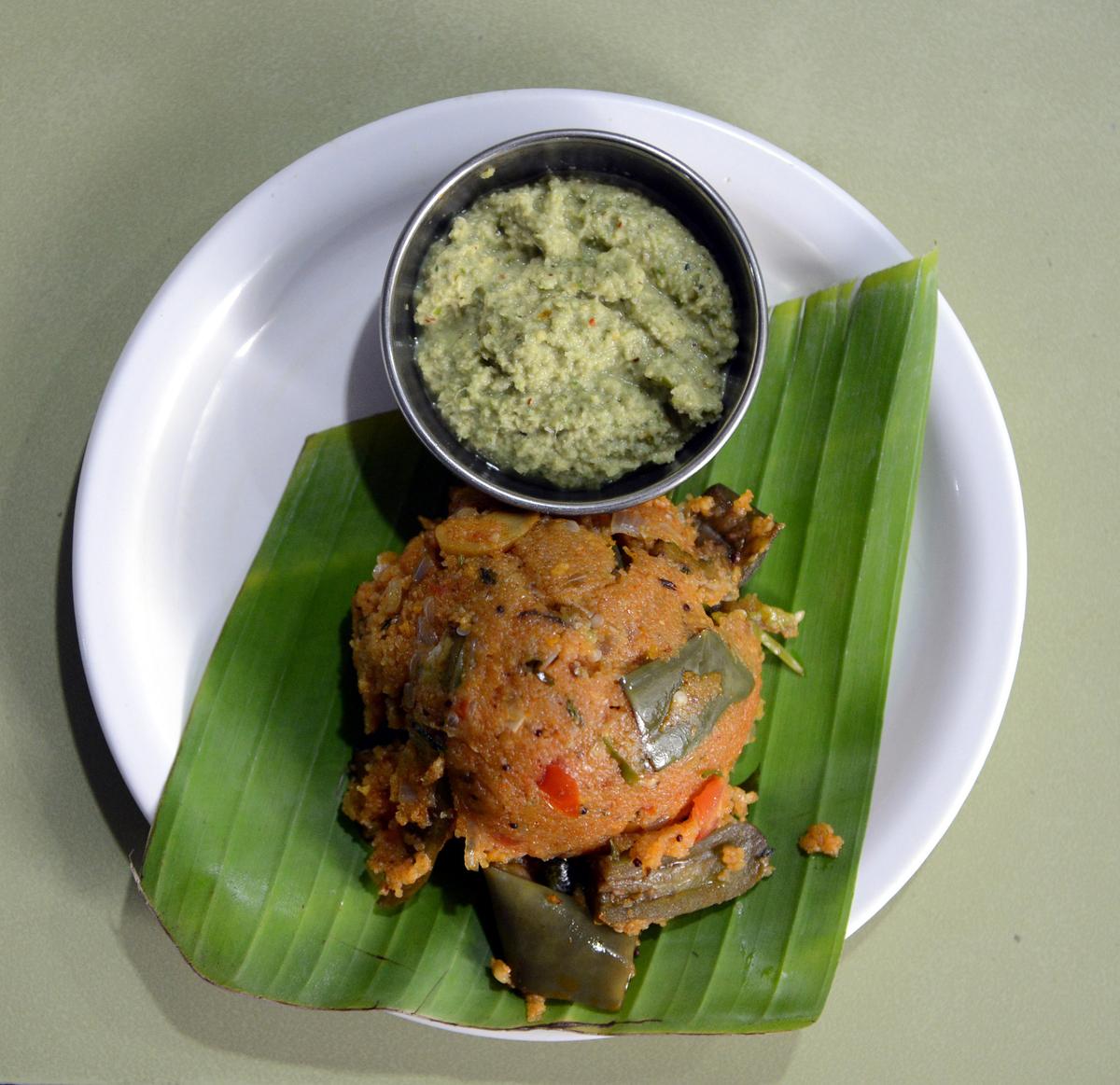
Sadanandan said more pubs and restaurants have come up in Bengaluru over the last two years but no one has benefitted. “Even though I am in the industry, I am unable to keep track of how many eateries come up in the city every day. Because of this, despite the increase in the cost of food, pubs and restaurants in Bengaluru are not earning as much as they used to do, since the competition is so much now. Earlier people travelled long distances and hours for a nice meal and drink. It was exclusive and not very expensive. But now the concept of neighbourhood pubs or restaurants is not benefitting anybody, be it for customers or businesses,” Sadanandan contended.
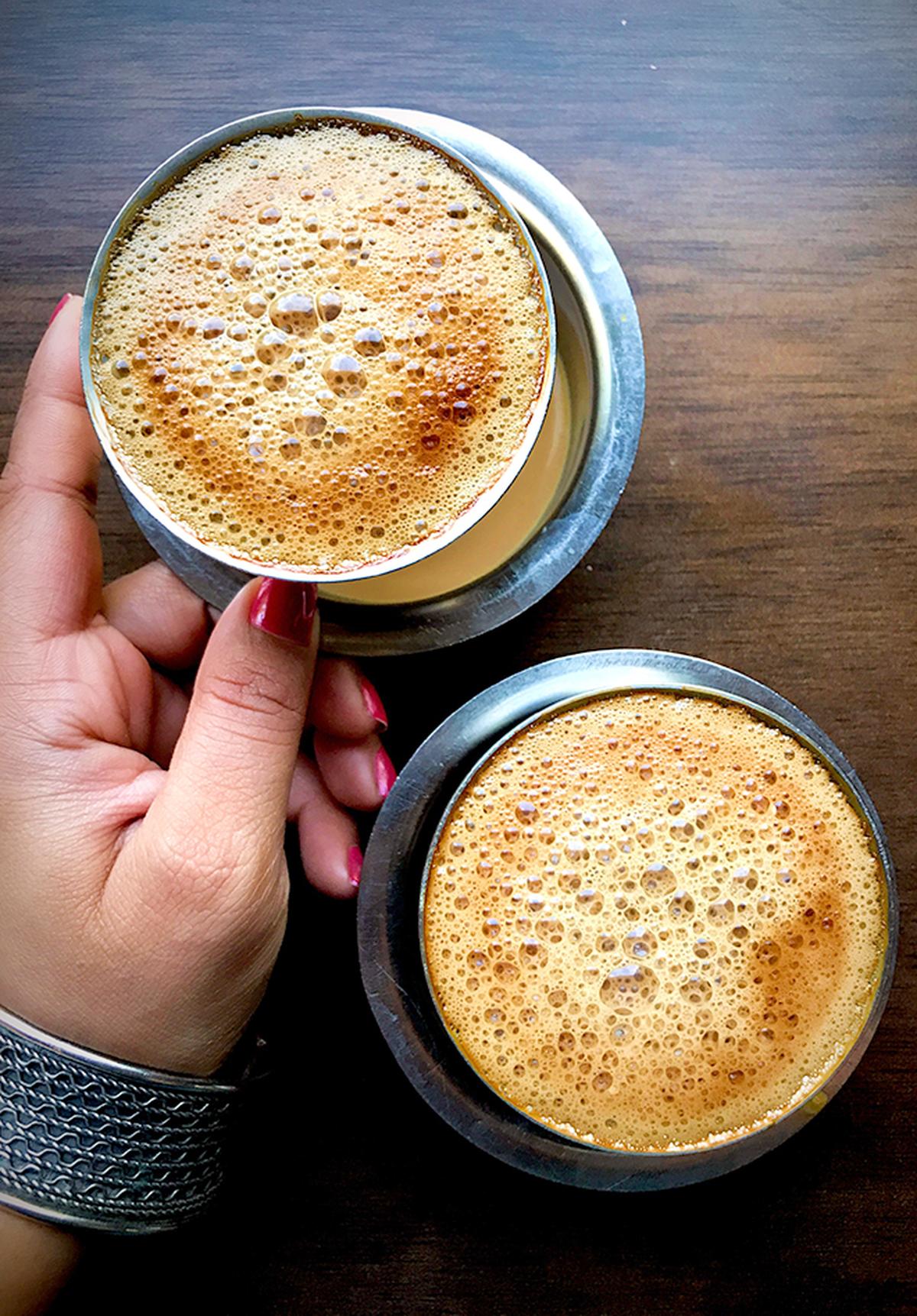
Ordering online expensive
P.C. Rao, president, BBHA, said restaurants remain affordable against all odds, but ordering online has become more expensive. “Bengaluru is the most affordable city for a meal in India, considering both quality and quantity,” he claimed. “You still get coffee or idly for ₹10 at some restaurants, which you will not find anywhere else. Some Darshinis are so affordable that one can have their breakfast at less than ₹50 and full plate thali meal at less than ₹80,” he said.
“However, if people are ordering online instead of walking into restaurants, then there is a definite shift in the prices. Almost 35% of sales of a restaurant in an order is given away to these online platforms, forcing restaurants to hike the price of meals on their online menus,” Rao explained.
Published – February 27, 2025 06:56 am IST
